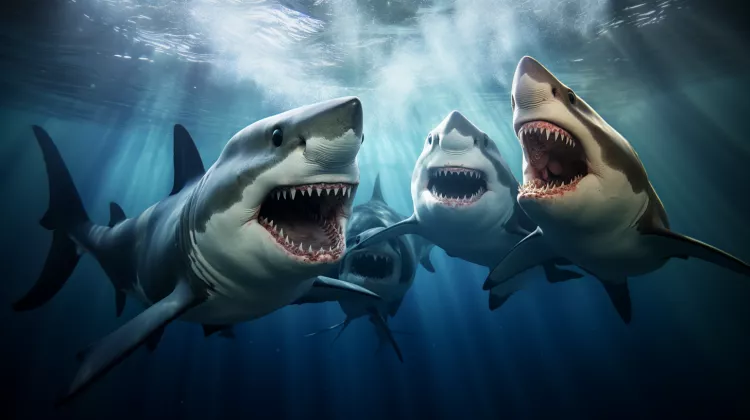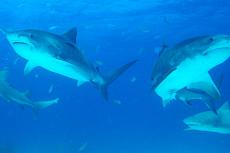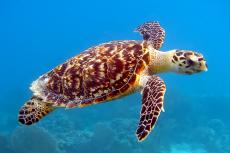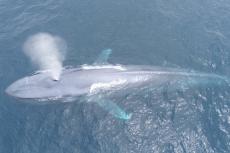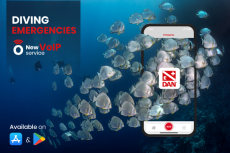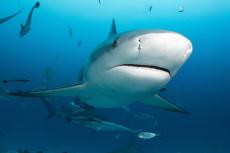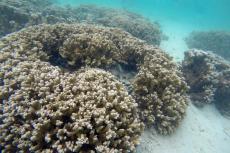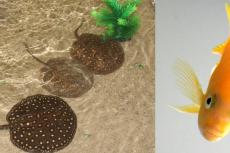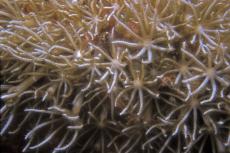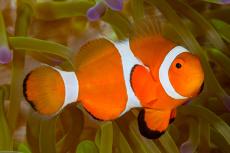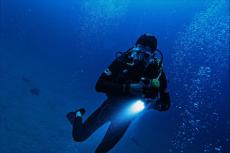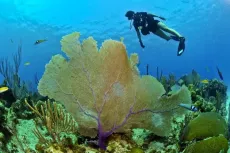Sharks as social and sentient beings
Recent research about sharks challenges perceptions, revealing their advanced cognitive and emotional capacities.
Recent scientific research has begun to challenge the long-standing perception of sharks as solitary hunters. Rather, it reveals their complex social structure that is borne out of a high level of cognitive function.
In fact, these studies suggest that sharks possess a level of social intelligence, problem-solving skills and even emotional intelligence that far surpass previous beliefs, offering a fresh perspective on their behaviour and potential sentience.
Social intelligence in sharks
A comprehensive review of Chondrichthyan cognition (Chondrichthyes: cartilaginous fishes) published in the journal Animal Cognition provides empirical evidence of consistent and repeatable social networks among sharks. Despite changes in group size, the social network position of individual sharks remained consistent, thus suggesting that it was social preference that drove network structure.
The review highlights that the handful of species that have been cognitively assessed in some detail over the last decade have provided enough data to safely conclude that sharks and rays possess a high level of cognitive function.
Social groups
Further research published in the journal Animal Behaviour revealed that sharks form spatial groups characterized by nonrandom and long-term associations. These groups were found to be influenced by individual preferences and adaptation to local conditions, suggesting that the grouping patterns were due to an active choice of individuals, a sign of sociability.
It has also been documented that blacktip reef sharks did not form groups randomly or passively. Instead, their communities developed from an active selection of specific individuals, as a sign of sociability.
Fish Biology published a study on Port Jackson sharks, demonstrating highly repeatable individual differences in boldness and stress reactivity. This study provided the first evidence of individual personality differences in sharks, a crucial aspect of social intelligence.
Social learning
Another study in Animal Cognition showed that juvenile lemon sharks are also capable of social learning. Researchers observed that they were more likely to follow the path of another shark that had previously found food, suggesting they could learn from the experiences of their peers.
This was also the case with juvenile Port Jackson sharks which learned the route to a hidden food reward when they could interact with a previously trained shark. Compared to individual learners, sharks that had the chance to see others perform the task took fewer days to master it, and more of them were successful.
This shows that sharks, like many other animals, can use socially derived information to learn about novel features in their environment.
Problem-solving abilities
Beyond social intelligence, sharks have demonstrated problem-solving abilities. Sharks can adapt their behaviour based on new information. This level of cognitive flexibility was once thought to be exclusive to higher mammals.
Sharks and rays are intelligent and inquisitive creatures with surprising behavioral flexibility.


